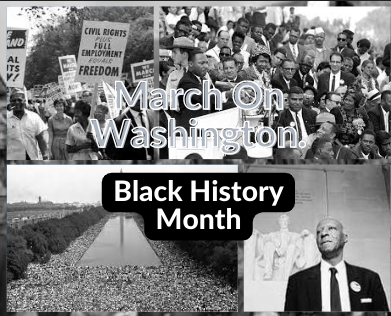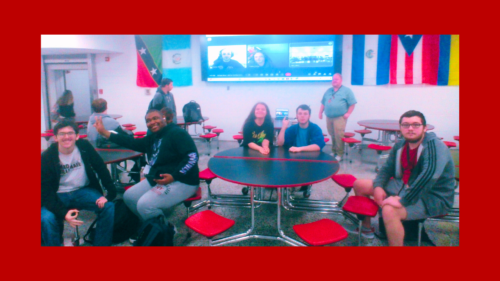Black History: March On Washington

By: Te’Asia Calhoun
The March on Washington was a massive protest march that occurred in August of 1963. This massive moment in our history was held to demand that the nation and the world pay attention to the inequalities and challenges that African-Americans face. The march is remembered by many because of the “I Have A Dream Speech” Martin Luther King Jr. delivered to a crowd of 250,000+ people gathered around the Lincoln Memorial in Washington, D.C.
History
In 1963, the wake of violent attacks on civil rights activists in Birmingham built the moment for the March on Washington. The head of the Brotherhood of Sleeping Car Porters, A. Philip Randolph, was planning a DC protest march for jobs, while King and Southern Christian Leadership Conference were planning a march for freedom. The two groups came together and merged into one massive protest. President John F. Kennedy had much concern about the march, saying the march was “ill-timed”. Randolph and King insisted on going forward with it, despite the President’s reservations. In response to President Kennedy, King said, “A movement with direct action has never been ill-timed.” On August 28, 1963, 250,000+ gathered at the Lincoln Memorial, with multiple historic figures of different races speaking at the march, highlighted by King’s all-inspiring address.
“I Have A Dream”
The most memorable and impactful speech spoken during the march and a true definition of the phrase “last, but not least,” was Martin Luther King Jr.’s “I Have A Dream” Speech, which he opted to orate last. His speech was expected to last four minutes. It ended up being one of the most important 16 minutes of our nation’s history. The speech was not the speech Martin had planned to give, but Mahalia Jackson, a prominent and influential gospel singer, encouraged King to share his dream with the people. King improvised the entire speech. King appealed to many people’s emotions through the use of his words, his tone, and his charisma.
Impact
The March on Washington was one of, if not the most impactful event of the entire Civil Rights Movement, which led to the ratification of the 24th Amendment, the passage of the Civil Rights Act of 1964, and many other things that progressed equality in the United States of America.


